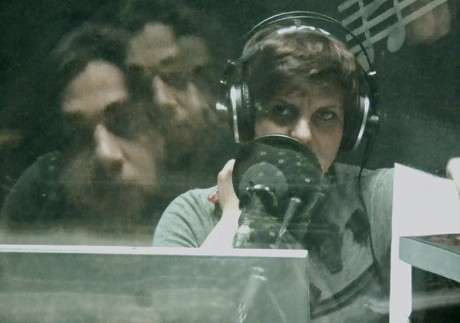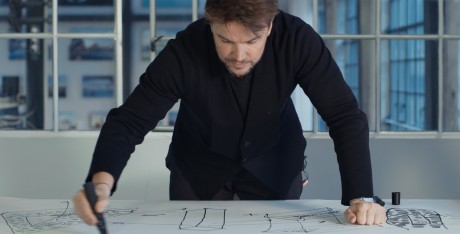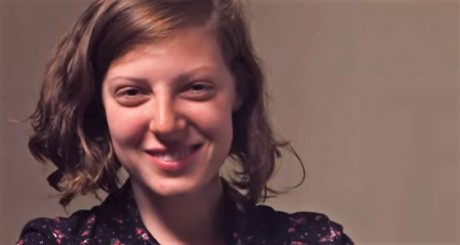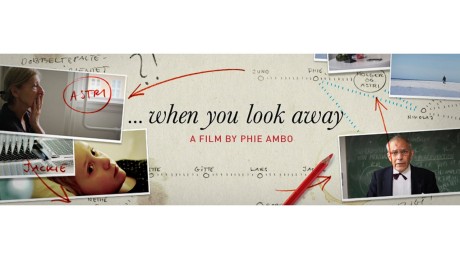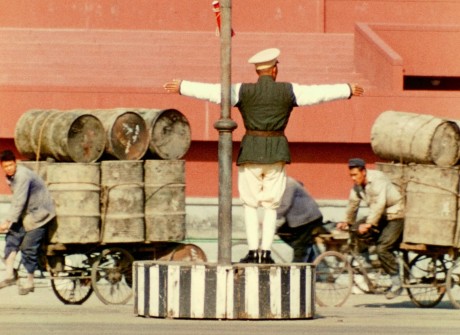


Celebrating Syria – a Festival of Arts and Culture
… in Manchester, July 10-23, organised by Rethink Rebuild Society: ”A fortnight of exhibition, films, theatre, live music, talks by writers, panel discussions and interactive art workshops exploring Syrian arts and culture before and after 2011.The first of its kind in the UK, this festival is a celebration of a hopeful, inspiring and imaginative face of Syria and the Syrian people and their rich contribution to the collective history of human expression.”
And it is indeed an inspiring program that is offered. CHECK THE WEBSITE, LINK BELOW. When it comes to films there are three works to be screened:
The masterpiece “Silvered Water, Syria Self-Portrait” from 2014 by Wiam Simav Bedirxan and Ossama Mohammed. The latter will be in Manchester for a masterclass.
“La Dolce Siria: A Short Film Trilogy” by Ammar Al-Beik”. The wonderful photo is from “La Dolce Siria” (2014), that has this description from the site of the event: A satirical response to Federico Fellini’s 1960 comedy-drama La Dolce Vita, this film unfolds as a poignant narrative of the dramatic events affecting Syria and leading to the extinction of love and happiness, which Fellini’s protagonist Marcello Rubini was unsuccessfully looking for decades ago. “Vita’ is not ‘dolce’ in Syria Federico! No fireworks around the tent Federico. Scud and bombs are the fireworks that we recognise, my friend. No one can tame the lion here in this tent. It’s smashing everything and everyone. I forgot to tell this earlier: Lion in Arabic means Assad’.
And finally “Tadmor” by Monika Borgmann and Lokman Slimvia, feature length: Tadmor is the Arabic name for the Syrian city Palmyra, home of one of the most magnificent ancient cities dating back to the 3rd century BC. Palmyra became the centre of an empire, headed by Queen Zenobia, which took over most of the Roman East, including Egypt.
Tadmor is also associated in the Syrian people’s collective consciousness with one of the most notorious political prisons in recent history, where prisoners, often detained for many years without trial, have been subjected to the most horrendous forms of systematic torture…In the film, 8 former Lebanese detainees (yes, people from all over the world were detained there, not just Syrians) decide to break their silence about the years they spent in Tadmor prison and to tell their story. They rebuild Tadmor in an abandoned school near Beirut so that they can re-enact their experience, overcome it and move on…


